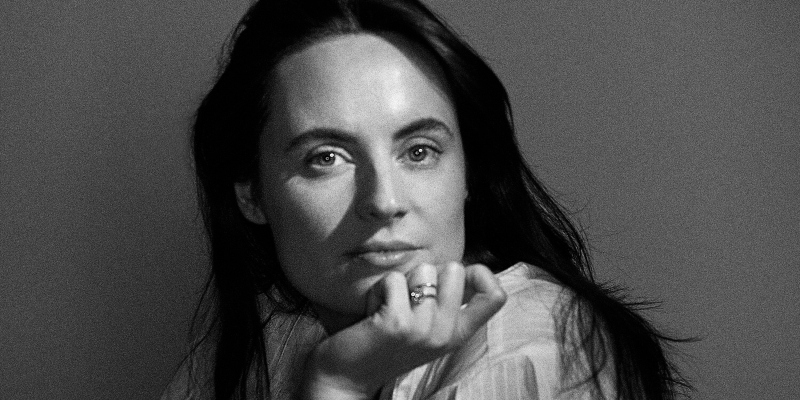“The Power is Not Going to Be Static.” Madelaine Lucas on Adding Nuance to the May-December Cliché
In Conversation with Brad Listi on Otherppl
Madelaine Lucas is the guest. Her debut novel, Thirst for Salt, available from Tin House.
Subscribe and download the episode, wherever you get your podcasts!
From the episode:
Brad Listi: I think that one of the things that you’ve been talking about as you’ve talked about this book, I’m sure, is this age gap. There’s an 18 year age difference between the narrator and Jude. And yet, there is nothing predatory about the relationship. There may be a power imbalance in terms of his age and experience, but it’s not something that you’re depicting. It’s not something that rises to the level of predatory or abusive or anything like that. Like this is a love affair on relatively stable ground right there both into it.
Madelaine Lucas: Yeah, that was really important to me. And you know something I’m glad to have the opportunity to say is that when this book went out on submission, there were some editors who expressed disappointment that it wasn’t a “#metoo” novel. And I found that really problematic because it seemed like there was this desire to co-opt what I felt was like a really important political moment, as a way to sell books and make them more marketable.
But I also had an issue with this idea that there was no place for a story about a woman in a relationship with an older man that wasn’t predatory or where she wasn’t framed as a victim. And so even though there is a power imbalance between them, I really wanted to show that she also has agency and that there’s a sense to a certain degree of wanting to be equals or feeling like equals when they’re in the middle of that relationship, even if other people wouldn’t see it from the outside. I think that when it’s at its best, the two people in the relationship do feel like equals.
Brad Listi: And power in a relationship is fluid. In any intimate relationship. However, you know, if it runs a few months even, you know it’s not going to be static. I mean, I think his age advantage and just at the level of experience, sure, that’s static. But there’s also elements of this book where his age, like his old older age, becomes a factor because, you know, he doesn’t have the same amount of energy or his looks might be fading a little bit like that stuff can tip things, too.
Madelaine Lucas: Definitely. And I think there’s also, like the advantage of youth and a kind of open mindedness that we tend to associate with that. I feel like the narrator in a lot of ways is much more brave than him in their relationship because maybe she hasn’t had as much experience or history. So she kind of gives herself to those feelings with a willingness and an openness that I think can sometimes fade in people as they get older.
And I think that’s part of his stoicism, too. He’s like a little bit more risk averse in some ways to really kind of get in deep with someone, where she maybe doesn’t have that kind of awareness yet. And that could look like naïveté. But I think it’s also a kind of power or definitely an advantage of some kind.
Brad Listi: Well, it’s a kind of courage. It’s a there’s courage in that. To not be shut down and closed off debilitated by our wounds that we inevitably accrue as we go through life.
Madelaine Lucas: That’s a great way of putting it. I was thinking about these ideas a lot. And as you said, in any intimate relationship dynamic, the power is not going to be static. There’s always going to be moments when one person feels more or less in control or like the more or less loved one. And so I was thinking, yeah, if I was going to write about a relationship that felt true to any experience of intimacy that I had had, it would have to be a shifting dynamic.
The power couldn’t always just go in one direction. And something I did really kind of want to grapple with is thinking about this kind of cliche of the May-December romance, with a little bit more nuance than I’ve often seen it portrayed.
*
Madelaine Lucas is the author of the debut novel Thirst for Salt, available from Tin House. Lucas is a senior editor of NOON. Born in 1990, she was raised in Melbourne and Sydney as the daughter of a visual artist and a rock ‘n’ roll musician. In 2015, she moved to New York to complete her MFA in fiction at Columbia University, where she now teaches in the undergraduate and graduate writing programs.
Her essays and interviews have appeared in publications such as Paris Review Daily, The Believer, Literary Hub, Catapult, The Lifted Brow and Meanjin, and her fiction has been awarded the Elizabeth Jolley Prize and the Overland/Victoria University Emerging Writer’s Prize. She lives in Brooklyn with her husband and her dog, Pancho.




















